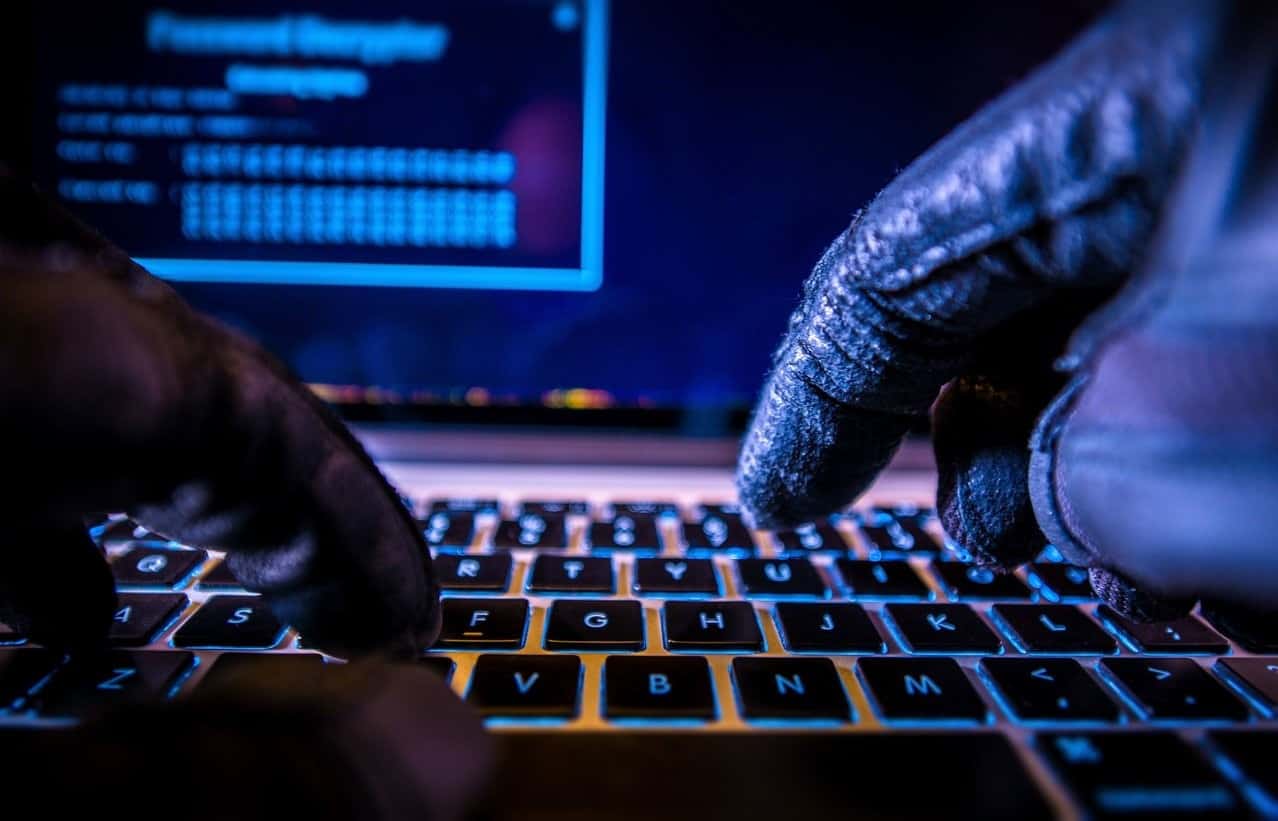Defending Against Police Informant Testimony
April 18, 2025

Posted by: Jacob E. Martinez
Category: Computer Crimes | Cybercrimes
Computer hacking isn’t just a nerdy hobby or the plot of an ‘80s Matthew Broderick movie anymore – it has serious, ongoing consequences that can be felt both in the United States and abroad.
Even newly sworn-in President Trump has finally given some credit to Russia for the hacking that possibly changed the outcome of the election. President Obama has vowed to take action against cybercriminals involved in the cyberattacks from Russia, but before punishments are doled out, more data and information about the attacks must be investigated.
How do federal organizations investigate one of the most sophisticated and large-scale hacking attacks ever? Attacks that impacted one of the biggest political elections in the world?
Before we answer these questions, let’s look into smaller cases that are closer to home. Most incidents of computer hacking don’t occur across national borders – 90% of complaints related to internet crimes originate in the United States.
These crimes are highly sophisticated, and cannot be traced by law enforcement officials who are not trained in cybercrime. So federal agencies like the FBI or the Internet Crime Complaint Center (IC3) do the heavy work. Once complaints are made, these special groups must take action and trace down the criminals.
What exactly do they do?

When the IC3 and NW3C get complaints about a computer crime, they have a lot of work ahead of them. The first step is gathering a team of highly trained cybercrime investigators together who can use their skills to trace the crime back to its origin. They also need to obtain warrants and permission from law enforcement in order to collect the necessary data. The IC3 may seize computers, cell phones, or other technology and equipment that could have vital information on the crime.
What are they looking for? Anything that is related to the crime at hand. First, the agencies will probably look at the victim’s use of data and information. Cybercriminals can steal personal information or data through a variety of avenues, including phishing emails or social media accounts.
Cybercrime teams can work for hours on end to collect data, and may have to do the following to get it:
Once there is enough evidence to accuse an individual of a cybercrime is collected, the data is handed over to law enforcement.

When law enforcement takes over, criminals are charged and the matter is in the hands of federal or state courts. The alleged offender typically will have to face stacks and stacks of evidence collected and delivered by these sophisticated internet crimes agencies.
The IC3 and NWC3 do not just target big hackings that change the outcomes of elections, either. Big cybercriminal gangs commit small identity theft crimes affecting individual people, too. These smaller crimes are not set aside and made a lower priority. Whether a small business or a large government agency was hacked, there is a trained professional who is on the lookout for the culprits.
These smaller crimes don’t have small penalties, either. The Computer Fraud and Abuse Act (CFAA) lays out the penalties for individuals convicted of computer hacking: first time offenders could get up to 10 years in prison, and repeat offenders can face up to 20 years in prison.
If the case is handled in state court, you may get off a little easier – but not much. Computer crimes in Colorado are classified by the amount of losses or damages that accumulated due to the crime. While some crimes are only charged as class 3 misdemeanors, computer criminals could face class 3 felony charges and years in prison if convicted.
The bottom line is that anyone who is charged with a computer crime – or any sort of white collar crime – faces big penalties if they are convicted. Need to start building a defense? Talk to a Colorado computer crimes lawyer today.
About the Author:
Denver-based criminal defense and DUI attorney Jacob E. Martinez is a knowledgeable and experienced litigator with a record of success providing innovative solutions to clients facing criminal charges of any severity. Mr. Martinez has been designated a Top 100 Trial Lawyer by the National Trial Lawyers and has been awarded both the Avvo Client’s Choice Award and Avvo Top Attorney designation, evidencing his reputation for his exemplary criminal and DUI defense work and high moral standards.
Jury Trial - Not Guilty
Jury Trial - Not Guilty
Arapahoe 1st Degree Assault/Vehicular Assault
Jury Trial - Not Guilty
Denver Domestic Violence Assault Case
Jury Trial - Not Guilty
Denver D.V. Assault
Jury Trial - Not Guilty
Denver Careless Driving Resulting in Death
Jury Trial - Not Guilty
Jefferson County Felony Menacing
Jury Trial - Not Guilty
Adams County DUI
Jury Trial - Not Guilty
Jefferson County DUI
Jury Trial - Not Guilty
Jefferson County DUI
Jury Trial - Not Guilty
Jefferson Vehicular Assault/DUI
Jury Trial - Not Guilty
Jefferson County DUI
Jury Trial - Not Guilty
Boulder County DUI case
Jury Trial - Not Guilty
Arapahoe County DUI case
Jury Trial - Not Guilty
Adams County DUI case
Jury Trial - Not Guilty
Douglas County DUI case
Jury Trial - Not Guilty
Gilpin County DUI case
Dismissed
Broomfield County Probation Revocation case
Dismissal
Arapahoe County DUI case
Deferred Judgment
Arapahoe County DUI case
Deferred Judgment
Douglas County DUI case
Deferred Judgment
Larimer County DUI case
Deferred Judgment
Arapahoe County DUI Case
Deferred Judgment
Denver Felony Burglary Case
Deferred Judgment
Arapahoe County DUI case
Dismissed
Arapahoe County Protection Order Case
Dismissed
Golden Destruction of Property case
Dismissed
Jefferson County Protection Order case
Dismissed
Jefferson County Domestic Violence case
Dismissed and Sealed
Jefferson County DUI case
Dismissed
Denver Major Traffic Offense case
Dismissed and Sealed
Broomfield County Domestic Violence case
Dismissed
Summit County DUI Revocation
Dismissed
Denver DUI Revocation
Dismissed
Denver DUI Revocation
Dismissed
Denver DUI +.2 Involving Accident and Injury case
Dismissed
Denver DUI/Habitual Traffic Offender case
DISMISSAL
Denver District Aggravated Theft
Dismissed
Greenwood Village Assault case
Dismissal
Elbert County DUI
Dismissed
Arapahoe County Domestic Violence case
Dismissal
Jefferson County DUI
Dismissal
Denver Municipal Assault
Dismissed
Boulder County Domestic Violence Assault case
Dismissed
Wheat Ridge Assault case
Dismissed
Jefferson County DUI case, with 2+ Prior Convictions
Dismissed
Arapahoe County Domestic Violence case
Dismissed
Broomfield County Domestic Violence case
Dismissed with No Charges Filed
Jefferson County Felony Theft case
Dismissed
Arapahoe County Felony Theft case
Dismissed
Boulder County Felony Theft case
